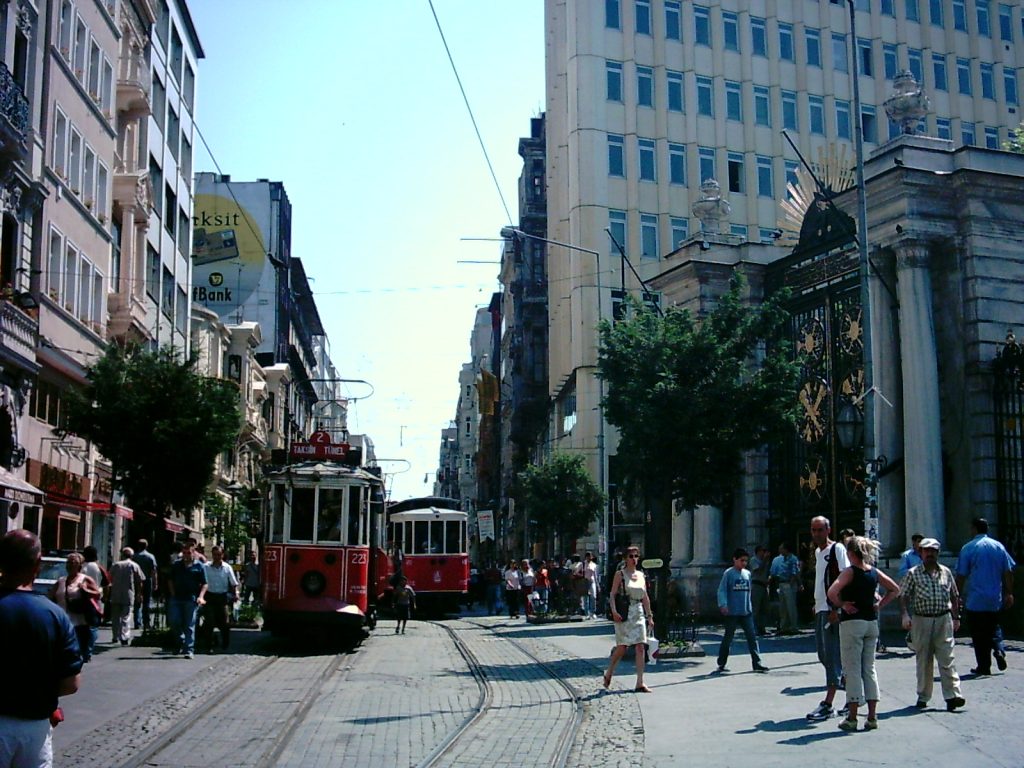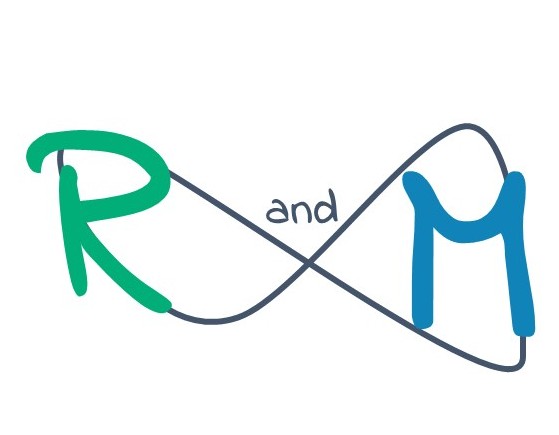A possible new world?
The challenges

There are more people than the world can sustain without ever more technical interventions. Does anyone consider the energy these interventions might need to satisfy the richer and most able financially, who manipulate their personal economies so well? More humans, more energy needs, more growth, more desires and demands, and more, and more…..
There are great differences between self-fulfillment and development between the world’s peoples. The gap between the most needy and the most rich increases all the time. The poor see the rich capitalists heap profits for themselves much more than others and want more themselves to ‘catch up’: the rich grab more money, more power, and more growth, and more….
Two-party government systems do not work because of the subversion of the democratically represented extremes.
The very rich capitalists become richer and more controlling in society tending to base increased efficiency in their own interests with reduction in costs of dependent, human staff. Able, entrepreneurs who are enriching society with new, profitable goods and who employ and train staff in new ways. Those rich middle classes are also becoming richer but they are likely to use profit to develop societies with new products and ideas. But all of this requires growth and money, and it is the very rich that have control over more of that money …more and more.
Growth seems to be more to ensure ever increasing profits for the rich than novelty for improving society. Nor does it offer work for the many handy people who need occupying in profitable work. More and more of them are relatively poor.
Governments, being both fragmented by self interest groups and no longer independent from interference from the very rich, seem to have employees that are decreasingly free from being bought and biased both during and after their terms of office. More government, more bureaucracy, more need for control, more law enforcement, more cost to society, and more….
Health and education needs especially are less and less fulfilled for the poor. Appropriate professionals, when enough exist, in poor areas are not able to operate according to those population requirements for many reasons because of many infrastructure limitations: such as equipment,suitable accommodation and support staff. More sick and infirm, more cost to society, and more medications, and more….
Those who are poor remain disadvantaged in many ways but lack of education and poor social, mental and physical health issues that are not fully attended to are more, and more serious drawbacks that many of us don’t experience. It was proposed that globalization would reduce the gap between rich and poor internationally, but this is only partially successful. Globalisation gives more people in poor countries an income for the commodities they make for the rich. There is an dependence on the unrecognized, poor hand craft and other skilled manual workers. Work comes their way because they have low pay (not perhaps within their own country) but compared to the affluent overseas who will buy their work… the proportion of the affluent people increases worldwide. More global transport increases more global contamination (particularly in the same poor countries who manage the waste from the rich. And there is more natural resources and energy consumption …..more, and more supplied from developing countries who have what in return?
War has been a threat to the world apparently for as long as humans have existed and felt relatively disadvantaged. Those rich and greedy enough to fight one another, or those desperately deprived. The bureaucracies and politics become threatening as countries vie for more control, more conflicts, more destruction…..
An answer
An answer may lie with us human beings doing something to tackle firmly three main faults we have: greed, material desires and control needs.
We seem to forget too easily the feelings that love brings us. We tend to forget too quickly what it is like to be to be a child, protected and supported by family and friends: the excitements of sharing feelings, experiences, stories, and knowledge. Some seem to think that sexual orgasm is the climax of love but find too late it can be the climax of hate. Instead of pairing sex and love, how about caring and love.
One of my friends said, ‘Why don’t we spend all money we waste on all things to do with warfare on love and peace.’ Yes, why ever not! Has this ever occurred to the United Nations? The following is taken from its website.
You may not want to wade through the material below, but I have taken the basic statements of what -1. The UN was created to do, 2. The matters it should consider and act upon 3. Some statements on the right to veto:
1. “Forum for multilateral negotiation
Established in 1945 under the Charter of the United Nations, the General Assembly occupies a central position as the chief deliberative, policymaking and representative organ of the United Nations. Comprised of all 193 Members of the United Nations, it provides a unique forum for multilateral discussion of the full spectrum of international issues covered by the Charter. It also plays a central role in the process of standard-setting and the codification of international law.”
2. “According to the Charter of the United Nations, the General Assembly may:
1.Consider and approve the United Nations budget and establish the financial assessments of Member States
2.Elect the non-permanent members of the Security Council and the members of other United Nations councils and organs and, on the recommendation of the Security Council, appoint the Secretary-General
3.Consider and make recommendations on the general principles of cooperation for maintaining international peace and security, including disarmament
4.Discuss any question relating to international peace and security and, except where a dispute or situation is currently being discussed by the Security Council, make recommendations on it
5.Discuss, with the same exception, and make recommendations on any questions within the scope of the Charter or affecting the powers and functions of any organ of the United Nations
6.Initiate studies and make recommendations to promote international political cooperation, the development and codification of international law, the realization of human rights and fundamental freedoms, and international collaboration in the economic, social, humanitarian, cultural, educational and health fields
7.Make recommendations for the peaceful settlement of any situation that might impair friendly relations among countries
8.Consider reports from the Security Council and other United Nations organs”
Comment: This seems to be the correct place to expect ideas to end war permanently after the ‘war to end wars’ (WW2). There should be a committee to, research and consider proposals/hypotheses that might bring about such an important development and see to it that they are implemented.
Comment: The 3rd paragraph from the top seems to confirm that the UN is the place to consider more ideas for a way forward to global peace without the agonies and unhappiness of tens-of -thousands of victims of wars that are due to greed for money or control: why should so many lives be lost for somebody else’s mostly selfish desires. Should the UN not push for actions in the various countries? Is there any decent and reasonable human that would disagree that all ways of securing peace should be under discussion continuously and the agreed decisions should be made available to the global public in an active communication effort? We all need to know when our countries are breaking such essential international ideals.
3.The Right to Veto (summarized)
The creators of the United Nations Charter conceived that five countries — China, France, the Union of Soviet Socialist Republics (USSR) [which was succeeded in 1990 by the Russian Federation], the United Kingdom and the United States —, because of their key roles in the establishment of the United Nations, would continue to play important roles in the maintenance of international peace and security.
They were granted the special status of Permanent Member States at the Security Council (SC), along with a special voting power known as the “right to veto”. It was agreed by the drafters that if any one of the five permanent members cast a negative vote in the 15-member Security Council, the resolution or decision would not be approved.
All five permanent members have exercised the right of veto at one time or another. If a permanent member does not fully agree with a proposed resolution but does not wish to cast a veto, it may choose to abstain, thus allowing the resolution to be adopted if it obtains the required number of nine favourable votes.
Comment: Here is at least part of the answer. Five most powerful countries have permanent membership out of 15 on the SC because they were the major players in a world war about 77years ago. Moreover, each of them has a veto right which suggests that they do not trust the other members, however many, to get it right. And now we have Putin, one of those ‘elite’ starting a war with very weak reasoning when the result so far is perhaps 60,000 deaths (on both sides, and approximate).
I hope I am correct in saying that most people globally recent violence, not only to humans. There are a decreasing number of people that accept harming any living thing.
Conclusion
For everyone in the world to prosper, they must be free of fear and gross needs. They must have support and help from those around them rather than feeling strong and ruthless competition as the only way to succeed. Capitalism, leaving those with ability and social intelligence to work in all areas of society for its improvement, is wonderful so long as there is totally impartial sensitive democratic government that has the power to check any excesses and imbalances that might occur. We have deviated greatly from this Aristotelian idea of a good society.
Putin, Xi, and Kim Jong-un are all behaving in a frighteningly threatening way about their potential to instigate war. Putin of course has commenced warfare on the weakest historical basis, linked to ‘control politics’ – they all want more. So what does the West do? It counters principally by threats via NATO plus offering other support for military action.
Another response to ‘Putin’s war’, however, has been widescale embargos. I was naïve and thought embargos might succeed in stopping the war but so far they have not been successful and in any case there has been much accompanying military action. But the embargo strategy might alone succeed should ALL countries stop support of, and trade with, Russia. We do not want a Russia that is crushed, however, but we need to be able apply firm pressure in support of requirements. As a backup, there could be UN supported destruction of any weapons facility in the offending state and, as suggested above offenders should be followed up to make sure that they do not return to barbaric ways. I hope that NATO continues to avoid miliary intervention and supports embargos, but I can see a risk that once again the world will see another ‘War to end all wars’. Let’s hope it’s quick to end.
I am certain that the UN at least has a moral role to consider the basic issues of violence globally and what can be done to prevent it, continuously and in an open manner. The world needs to see and understand what is being done to achieve world peace and harmony. Could not the UN start a global discourse about preventing violent behaviours worldwide which is made public as are the global climate change (Cop) meetings? Could they not recommend that ANY person proposing, or acting out, violence to any other humans (animals as well?) should be taken out of active involvement in society, examined and treated/educated, and not allowed back until considered safe. They should be monitored on their return for any recidivism.
‘Hate speech’ is being debated on the web, which is a start, but the discourse seems to have become trivialized progressively towards many examples where a few individuals’ sensitivities only are offended. The UN has already taken a stand against about such behaviours being wrong, but has not promoted its views strongly enough for a global audience to come to a determined action to prevent and at least quickly stop violent incidents. What we need is visible anti-hate and anti-violence ACTION.
Why cannot the UN and reasonable national leaders openly condemn war as a solution to differences? Is it clear that whatever Putin may say HE has gone to war against the Ukraine people? His attempts to define that his homicidal actions are not war cannot belie his actions. Do senior world leaders (in government or not) think that the deaths of tens-of-thousands of young people who are persuaded into the military to fight are just somebody else’s kids and forget them? And are the totally innocent citizens who are increasingly involved in slaughter only dying because they are in the wrong place at the wrong time? Is it not that the massacres are intended as a psychologically weakening threat for all the relevant leaders to give in? Surely Putin IS a war criminal.
Overall, are we going to continue to fail to deal with gross, recurrent human harm in our world? Can we stop harming people as we also try to stop destruction of our ecology. That all may seem too difficult to achieve and vastly expensive, but sending someone to Mars is also, and personally I would much rather see peace on Earth, our home.





4 Replies to “A possible new world?”
Thanks for thr great article!
“Could they not recommend that ANY person proposing, or acting out, violence to any other humans (animals as well?) should be taken out of active involvement in society, examined and treated/educated, and not allowed back until considered safe. They should be monitored on their return for any recidivism.”
Oh, my. I smell a whiff of Gulag and Konzentrationslager!!
Yes, it does have a hardness about it, but you have missed an important part of my proposal at the beginning. I said, “The world needs to see and understand what is being done to achieve world peace and harmony. Could not the UN start a global discourse about preventing violent behaviours worldwide which is made public as are the global climate change (Cop) meetings? Could they not recommend…..”
Your comment would be taken into account in the development of ways to prevent violent behaviours. We currently, however, do put people in prison for actual harms they commit. I think many agree that should be done, so is it wrong to have some way to check and then teach those who seriously propound violence. Exactly how this is done should be considered very carefully and an appropriate action taken, which would include education and other care to ensure success. Such actions are taken in many countries already, but the results are not perfect by any means. Released murderers and rapists do offend again and the follow up of their behaviour is not adequate.
My intention was to ask for alternative and hopefully improved ways to avoid violence in society. The avoidance of hate speech is a good starter, but more suggestions must follow and be trialled for their effectiveness in prevention.
How do we move to a world where people cooperate and care for each other globally? Is the United Nations the starting point? If so we need to reconsider its structure and goals.